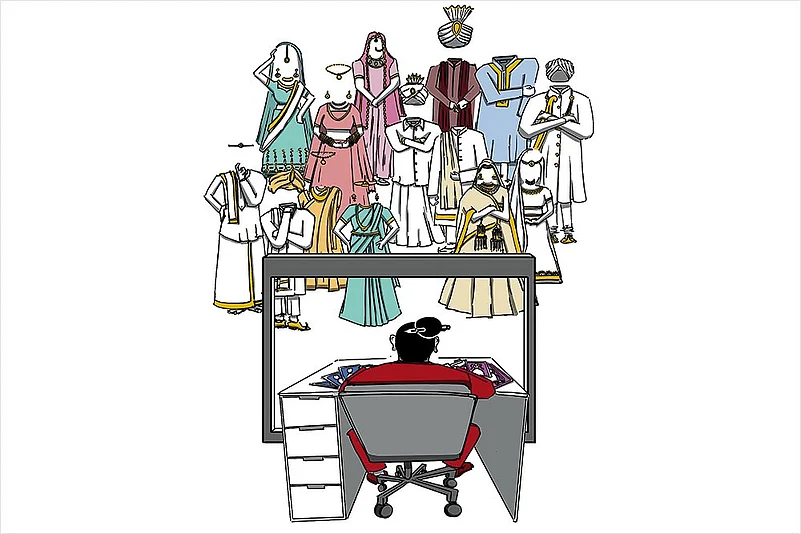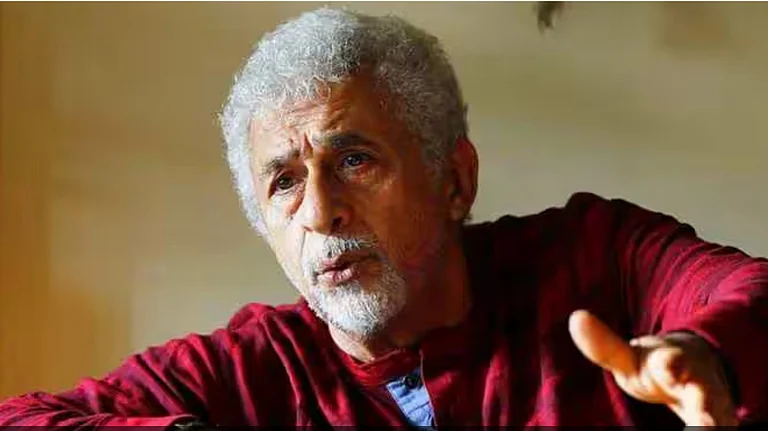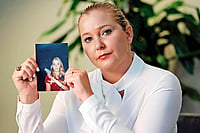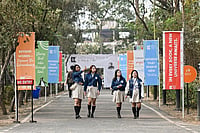When 28-year-old Poornima* returned to Delhi after a short stint of working as an interior designer in Mauritius, marriage was the last thing on her mind. She wanted to set up her own business. Singledom suited her fine. “My brother went behind my back and placed a matrimonial ad in a newspaper for me,” she laughs. “We got a flood of responses, mostly from men working in the Indian army. They would often send their responses by post.” This was in the 1980s when newspaper ads and relatives were playing matchmakers to a large extent. Of course, professional matchmakers were around at the time too, but they hadn’t upped their game to today’s level.
According to Saurabh Goswami, Managing Director of Ahmedabad-based Ultra Rich Match, there are about 5,000 registered matrimonial agencies in India currently. Online matrimony sites such as Shaadi.com, Bharat Matrimony, Jeevansathi, Vivaah.com, Royal Matrimony, The Second Shaadi, etc., add to the count. Most professional matchmakers and agencies operate like big businesses today—super-organised, digitally savvy, keen to extend their reach beyond Indian shores. “We are a team of 28 people based around the world—working from India, the US, London, and Dubai,” says Anuradha Gupta, Founder and CEO, Vows for Eternity. “Ours is a curated, confidential, global platform which caters to members ranging from 23 to 65 years of age…We are like an executive search firm you retain to outsource the best fit for life.”
Sima Taparia (a.k.a Sima Aunty), star of Netflix’s Indian Matchmaking, took up matchmaking as a full-time profession in 2005. She was already a familiar name in Mumbai circles when she met the series’ executive producer in the city. Sima Aunty has a roster of clients in India, Canada, the US, the UK, Singapore, and Australia. Her services are on offer in any country where there is a sizeable Indian population.
Like them or loathe them, matchmakers have been a part of societies across the world since ancient times. Matchmakers make an appearance in epics such as the Ramayana and the Mahabharat. Jewish communities in Europe and Russia relied on a shadkhan (professional matchmaker); in ancient Greece, a promnestria carried proposals to families and negotiated marriages; the Japanese approached omiai to find suitable matches. In India, a traditional arranged marriage-maker is called a nayan. The matchmaker, often a family friend or a relative, played a neutral go-between when families were trying to fix an alliance. They also acted as scouts, seeking possible matches after considering “family background, economic position, and family reputation”.
There are matchmakers who exclusively deal with celebrities; Royals; Expats; Industrialists; IIT Graduates...The categories perfectly mirror societal hierarchies.
Eighty per cent of Ultra Rich Match’s clientele is 23 to 33 years old. The agency also has a fair share of second-timers aged 35 to 55. Despite all the promises on offer, Aruna, who is her early twenties, swears she would neither approach a matchmaker nor let her parents hire one. “I would prefer to choose my life partner on my own when I feel the need to do so. I’ll wait till I achieve the stability needed to consider marriage,” she says. Choosing a life partner is an extremely personal matter for Vikrant* (23). He doesn’t think his parents would be able to communicate his needs to any matchmaker, no matter how good a professional the person may be. Harshit Sootha (27) is more open to the possibility. “I may use matchmakers since they provide a more personalised service than online dating,” he says. “They would take the time to understand what I am looking for in a partner and this may lead to higher quality matches.” HR professional Liza* (31) who was stressed out by the emotional ups and downs of using dating apps was relieved when her parents approached a matchmaker on her behalf. She felt that the matchmaker would do a more efficient—and less nerve-wracking—job of finding her a life partner.
Mumbai-based matchmaker Priya Shah says that most dating apps lead to friendships or hookups, not marriage. “There’s a world of difference between using an app or a matrimony website and a professional matchmaker,” says Shah. “You are not just going online and feeding your bio into a form. As a matchmaker, I meet everyone personally, talk to them, and understand their expectations. Thorough background checks are also done before sharing profiles.” Goswami says his agency does due diligence on family background and asks for references before signing up members. When matters progress further, verification of bank account details and property papers is also taken up.
All this comes at a price. The signup amount for matchmakers, depending on the range of services they offer, can range from Rs 30,000 up to thirty lakhs. Some matchmakers claim a percentage (2 to 3 per cent) of the wedding expenses as part of their fee. There is no concept of returning the signup amount if a person’s search for a life partner is not successful. Most matchmaking agencies have strict parameters. The categories they cater to are clearly listed on their websites and social media profiles. There are matchmakers who exclusively deal with celebrities such as cricketers, Bollywood and OTT stars; high-end business families;people belonging to particular religions, castes and communities; royal families; middle-class families; expats; entrepreneurs; start-up founders; industrialists; IIT graduates…The specifications perfectly mirror societal hierarchies.
Membership is slotted into different tiers. Higher tier members can avail of specialised services. They are given access to more extensive contact information and a larger pool of profiles from which they can shortlist their choices.
***
Last year, the Gupta brothers (aged 28 and 31 respectively), signed up with a matchmaker based in Meerut, who offers his services across north India. The two men paid the signup amount of Rs 30,000 each, but once they shortlisted their choices, the matchmaker began to make excuses, saying that the women they had chosen would not be able to meet them. The brothers came to know that the matchmaker had let down other clients in a similar manner before. In the end, they had to write off the signup amount and make peace with their loss. Apart from such financial losses, what happens if a marriage set up by a matchmaker sours? Do people blame the matchmaker for the emotional fallout?
MORE FROM THIS ISSUE
“I see myself as a facilitator,” says Goswami. “Marriages are made in heaven. We [matchmakers] just help people to find their life partners in a busy world…We inherently believe in destiny. When you start off with good intentions, destiny will favour you.” Gupta agrees with him, and emphasises that matchmakers are facilitators, not decision-makers. “When people get married, its on their own accord,” she says. “They need to own their choices in life, which is why we tell our members to take the time to get to know each other well before walking down the aisle.”
(*Some names have been changed to protect privacy)

































